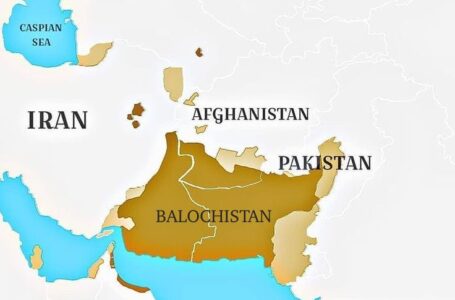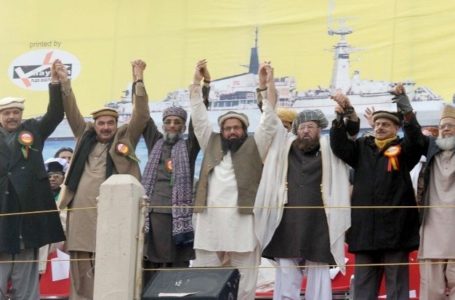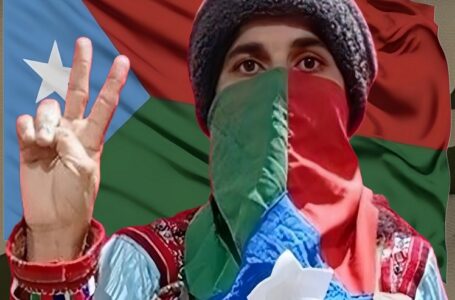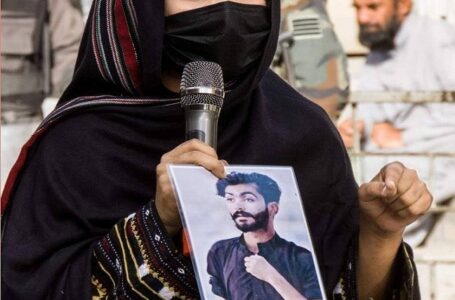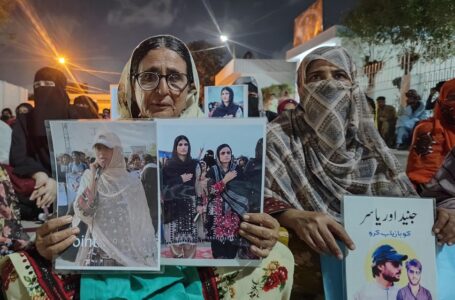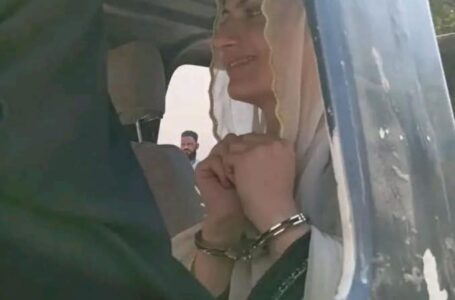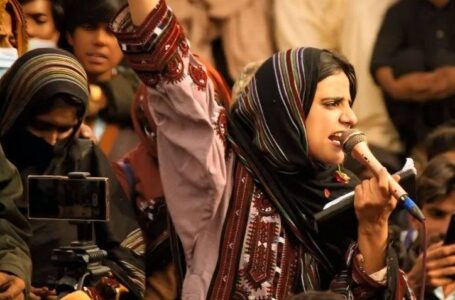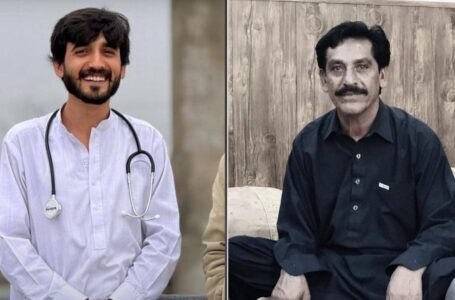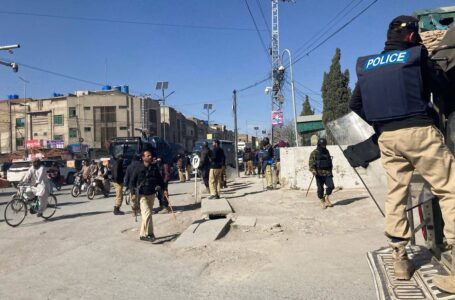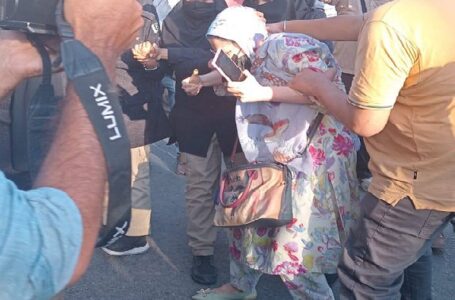BLA Honours its Watan Nadrig for Courageous Attack on FC Convoy in Kalat
The slogan of – Pakistan Quit Balochistan
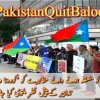
By Archen Baloch
On 27th March 1948 Pakistan army invaded the sovereign state of Balochistan and forced the legitimate ruler, Khan of Kalat, Mir Ahmad Yar Khan to sign the merger agreement with Pakistan against the will of the Baloch nation. Baloch, under the leadership of Khan’s younger brother, Agha Abdul Kareem resisted this aggression but they were weak and the International community, especially the neighbouring countries, Afghanistan, Oman and India didn’t support them. The British Raj left Baloch at the mercy of religious Pakistan and in fact, British were instrumental in nudging and forcing Pakistan to occupy Balochistan.
Our weakness was that the British, under the divide and rule policy, had antagonized the heads of almost all tribes against the Khan of Kalat. This antagonism among Baloch tribes always rendered the federal character of Kalat extremely weak. The British Raj also never allowed Balochistan to have its own formal defence force, except a light levy force for collecting tax and serving as a police force for maintaining law and order. The control of British armed forces that were deployed in Balochistan was given to Pakistan instead of Balochistan at the time when the Raj departed theoretically from the region.
According to late Major Hayatan Shahmeer Mandesh’s historical accounts; “My elder brother, Hassan Shahmeer was working as a sepoy of levies force of Khan Kalat. He died at his earlier age and the levy force recruited me in place of him.
“I was underage at that time. After 18 days of my recruitment, the armed forces of British Raj from Soro Camp of Kalat, under the command of an English officer, came at our levy police station and told us that Balochistan had joined Pakistan, they burnt candlelight and lowered Balochistan’s Bairak (flag) of Khan Kalat and hoisted Pakistani flag. At that time we didn’t know what was going on, but later we learned that it was the invasion of Balochistan and the arrest of Khan Kalat. As we were of Khan of Kalat force, so the British forces were instructed to shoot to kill if the levy forces revolted against this order. Their fear was that we might revolt the capture of Kalat, so they were highly alert even to the level of shooting us dead.”
When Khan of Kalat was asked by M A Jinnah to Join Pakistan, he said he would ask the consent of bicameral parliament of Kalat federation, the overwhelming majority refused the idea of joining Pakistan just because of being Muslim state nation. At the joint session of the bicameral parliament, Mir Gaus Bakhsh Bezanjo, the leader of House of Common read out the resolution: “We are Muslim but it didn’t mean, necessarily, to lose our independent and merge in another nation just because of our Muslim faith. If our accession into Pakistan is necessary, being Muslim, then Muslim states of Afghanistan and Iran should also merge with Pakistan.”
The current national movement for the liberation of Balochistan is the succession of the past movements for independence, and it was launched in 1996 by patriotic Baloch national leader Hyrbyair Marri, the head of Free Balochistan Movement. The principle slogan of FBM party is to force Pakistan to quit Balochistan; it is to represent the popular demand of the sacrifices that Baloch nation offered and still offering over the years for the liberation movement of our motherland, Balochistan.
The overriding ideology for liberty from Pakistani and Iranian colonial rule is based on nationalistic patriotism believing in democratic values and universalism, However, the dynamics surrounding Baloch patriotism – that Pakistani military establishment feels could be the reasons of Pakistan’s disintegration – is the potential prospect of Indian and Afghan’s support to Balochistan’s liberation movement straddling across Durand line and Gold Smith line. Punjab’s national interests are at the heart of entire bloodbath in Afghanistan, Balochistan and Indian Kashmir.
So, as long as Balochistan is under Pakistani colonial rule, it continues to use religion as an ideological organ to dilute/blunt Baloch national patriotism, and of course, we must understand that Jihadi concept of Islam is at the core of their strategy to overshadow the force of Baloch national identity. Baloch nationalism is the antidote of the poisons of religious hatred and extremism.
Substantive problem on the agenda of major world powers now is to rid the world of Islamic religious terrorism. It is not the religious terrorism; the fact it is the existential fear of unnatural states like Pakistan Iran and Turkey who use the religion of Islam in order to save their colonial rules from the just struggle of oppressed nationalities.
At the confluence of two common interests -Baloch want to restore their lost sovereignty and western powers want to get rid of religious extremism- so they need to discuss the overriding need for a common strategy how to defeat the negative forces and put a new order with the strategic restoration of Baloch sovereignty in order to ward off future religious extremism in the region of South Asia.

